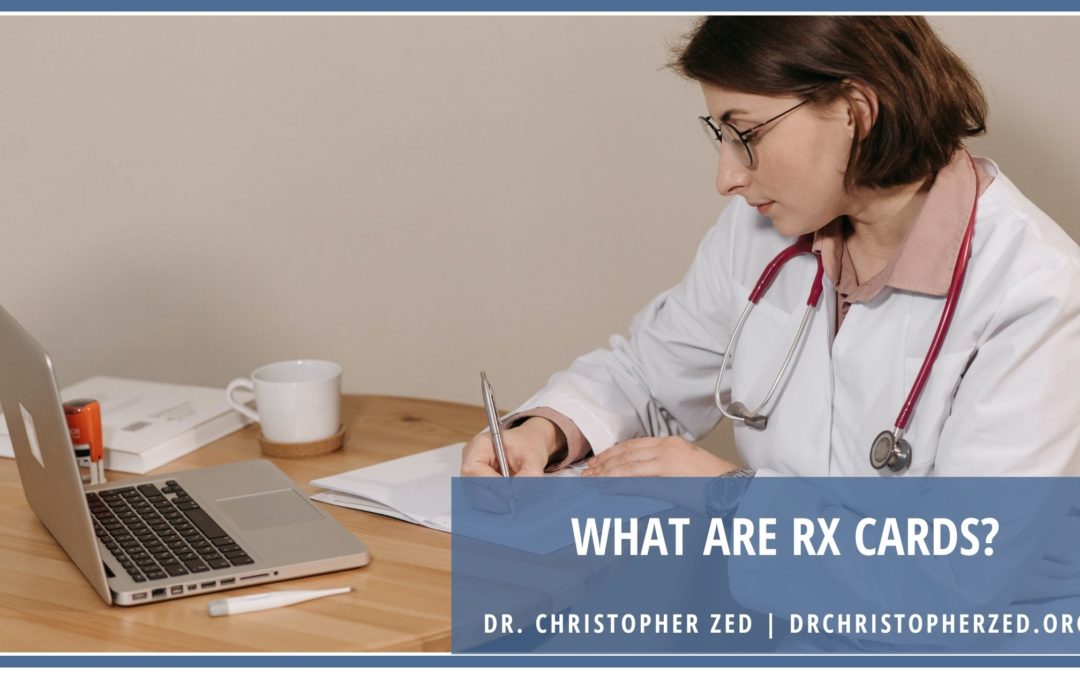Prescription drug cards, also known as RX cards, are savings cards issued to prescription users that are designed to save money on out-of-pocket prescription costs. These cards can be used at retail pharmacies and may help patients with their upfront costs on prescription medications. They are typically given to a patient at a health care provider’s office and may be supplied by the prescription manufacturing company itself.
Once a prescription drug card is obtained, it can be presented to a pharmacy along with a valid prescription for processing. Many cards can be used in conjunction with private health insurance, Medicaid, or Medicare. These cards can reduce a patient’s copay amount that is paid directly to the pharmacy. For cash-paying patients, it can reduce the total out-of-pocket cost. Prescription drug cards are reimbursed by a third-party payor, typically the drug manufacturer and these funds are reimbursed directly to the pharmacy.
Some prescription drug cards are good for one-time use only, while others can be used multiple times for the same prescription with attached refills. These cards are called multiple-use cards and will have an expiration date that is valid for six to twelve months after the cards have been activated by the user. These cards can multiply the dollar amount of savings exponentially for the patient.
Some drug manufacturing companies also release cards that are valid for multiple medications that the company produces. For example, if a patient takes two or three medications that are all produced by the same company, the card can be used for all of the medications that the company produces. These cards can add up in the amount of savings the patient is able to take advantage of, ultimately reducing their out-of-pocket medication costs.
Prescription drug cards can be extremely beneficial for patients, especially in times of financial difficulties and struggles, by helping patients be able to better manage their chronic medical conditions. Drug companies and pharmacies, working together to help struggling patients afford their daily medications, are making a difference in the lives of the patients they serve. Patients should check with their physician regularly to see if cards are available for any medication they are taking so they can take advantage of the savings these cards have to offer.

